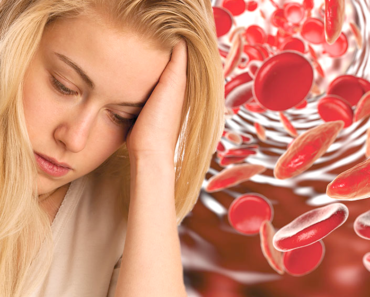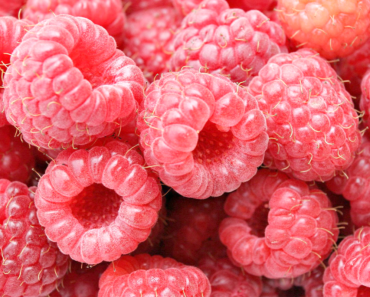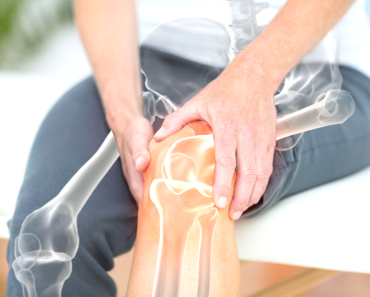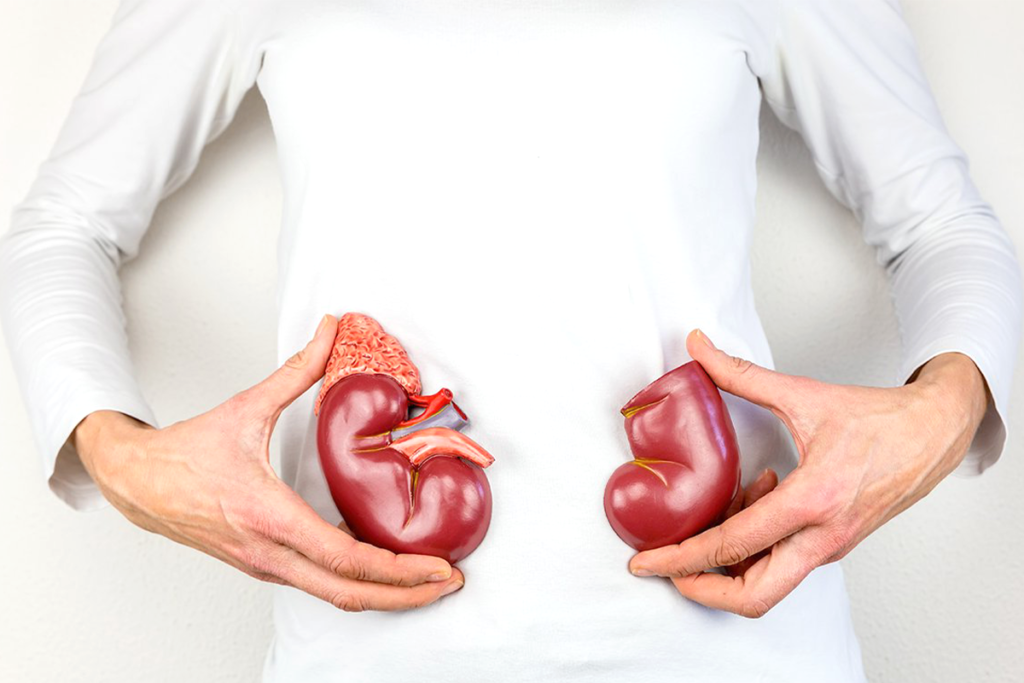
Kidney disease affects millions of people around the world and is known as the “silent killer”. Often it has no symptoms at the initial stage and the disease is not discovered until it reaches an advanced stage. A person with kidney disease or undergoing a transplant should be very careful to avoid additional stress on your kidneys.
According to a Time Now report, here are some tips on managing the health of people with kidney disease.
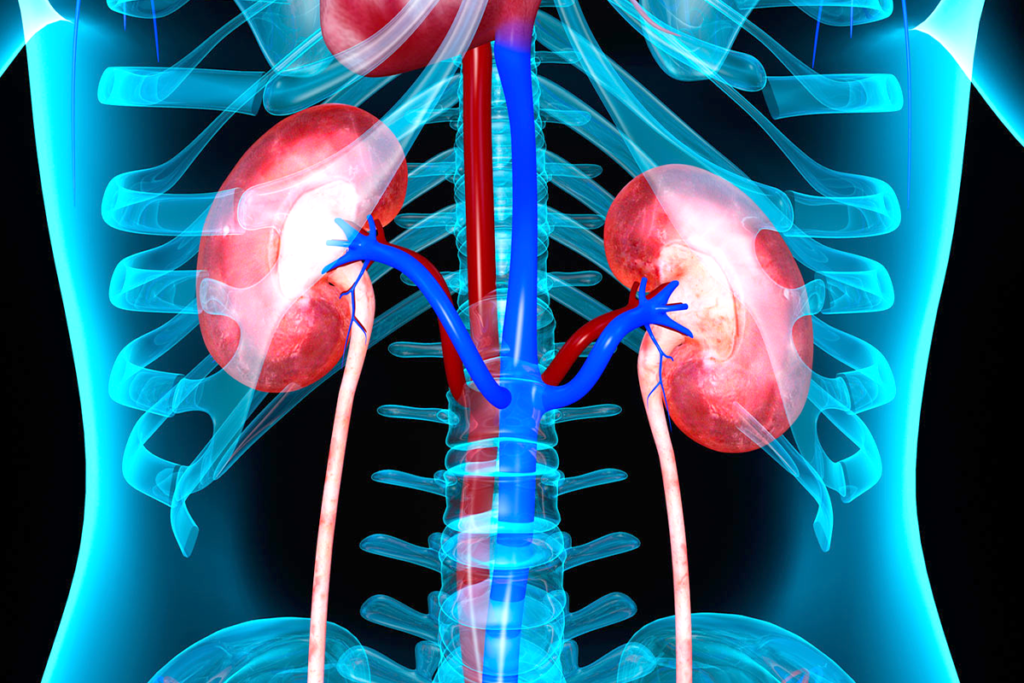
7 tips for managing the health of kidney patients
1 Hydration is important, but be careful
Water plays a major role in removing toxins from the body and healthy people are advised to drink around 8-10 cups of water per day.However, for patients with kidney disease, too much water or fluid puts excessive pressure on the kidneys and can cause dialysis is painful and results in fluid retention. Fluid accumulation in the lungs, high blood pressure and heart problems, fluid intake includes not only water, but also fruit juices, milk, tea, coffee, fruits and vegetables rich in water, ideally, healthy urine should be pale yellow or colorless while the color indicates dark yellow for dehydrated patients on dialysis should only consume the amount recommended by their doctor.
2 watch your diet
Diet is a major factor in managing kidney problems when the kidneys are not functioning properly, it becomes difficult for the body to eliminate toxins, excess nutrients and wastes in these patients, not all can be digested. properly and the body excreted easily.
3 Avoid foods high in sodium
Avoid foods high in sodium such as chips, fried foods, cookies, salted nuts, pickles, sausages, certain types of meats, etc. retain water when sodium levels are high, causing symptoms such as difficulty breathing, fluid build-up, and swollen feet.
4 Reduce your intake of foods containing phosphorus
People with kidney disease cannot easily process phosphorus, but since most foods contain this mineral, it may not be possible to avoid it completely when the phosphorus level is high, the body is trying to absorb the phosphorus. calcium from bones to balance this has a direct effect on the bones and leads to weakness Bones and increased exposure to fractures Patients with kidneys may avoid or limit the consumption of foods such as bananas, milk, meat, guavas and others which contain a high content of phosphorus.
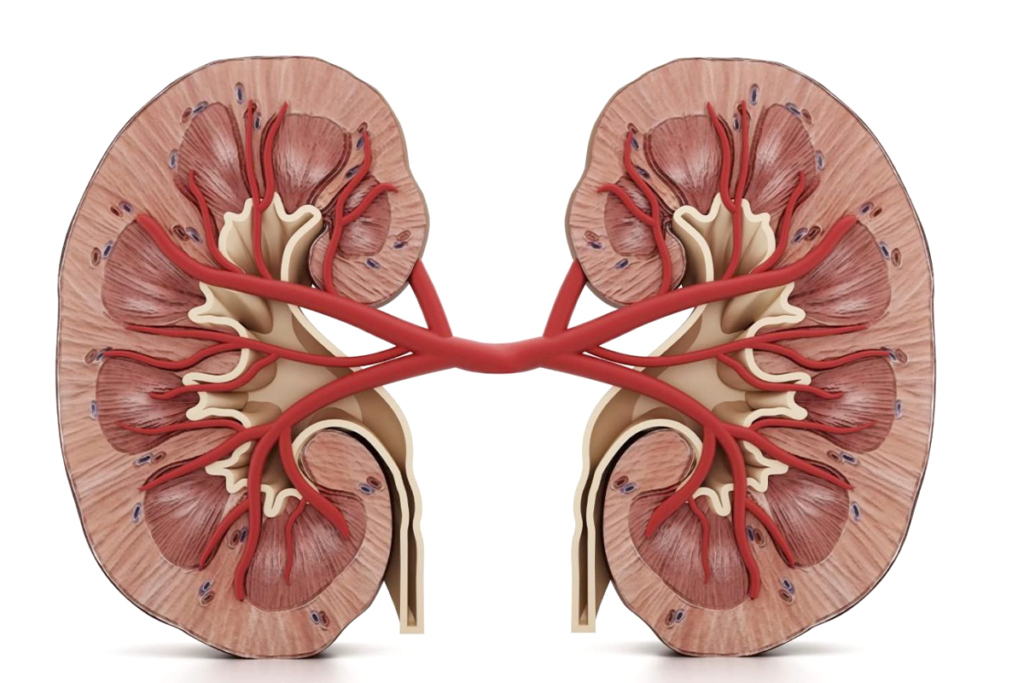
5 Restrict consumption of foods rich in potassium
Patients with kidney failure are not able to properly remove excess potassium and over time this can lead to a build-up, excess potassium can lead to heart failure Foods rich in potassium such as water coconut, potatoes, sweet potatoes, spinach and leaves should be avoided. Coriander, chocolate, instant coffee, etc.
6 watch your protein levels
Foods rich in protein contain a high amount of purines which increase the production of uric acid in the body which in turn leads to uric acid stones which cause kidney damage. It is therefore essential to check protein levels regularly and to follow a diet that is low in protein.
7 keep fit
Patients with kidneys are at risk of overweight, high cholesterol, high blood pressure and heart problems Regular and light physical activity such as brisk walking, jogging, jumping, swimming, cycling, etc. is recommended to maintain kidney health and maintain possible common illnesses such as diabetes and high blood pressure, exercise may be appropriate and regular to reverse the damage.


